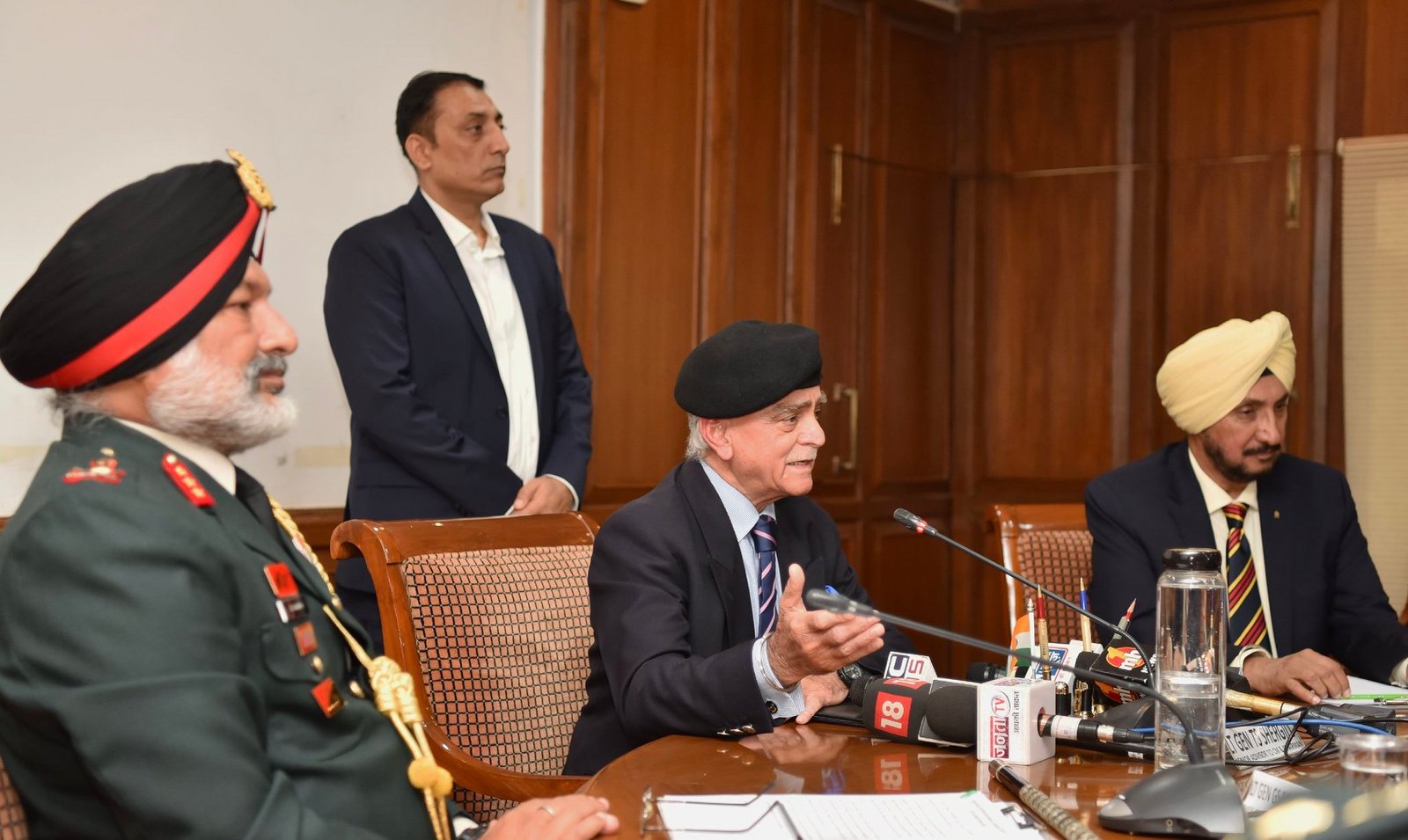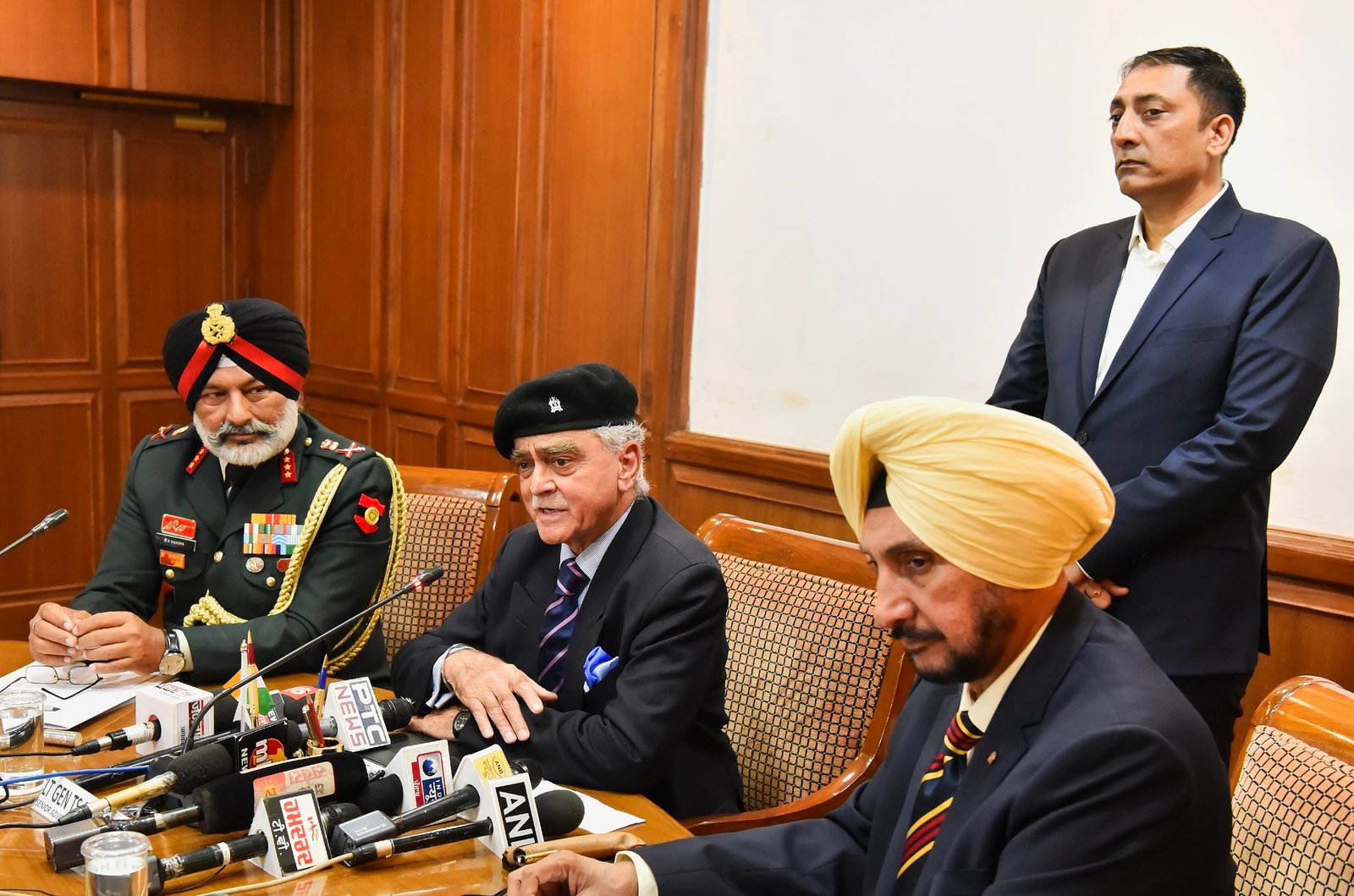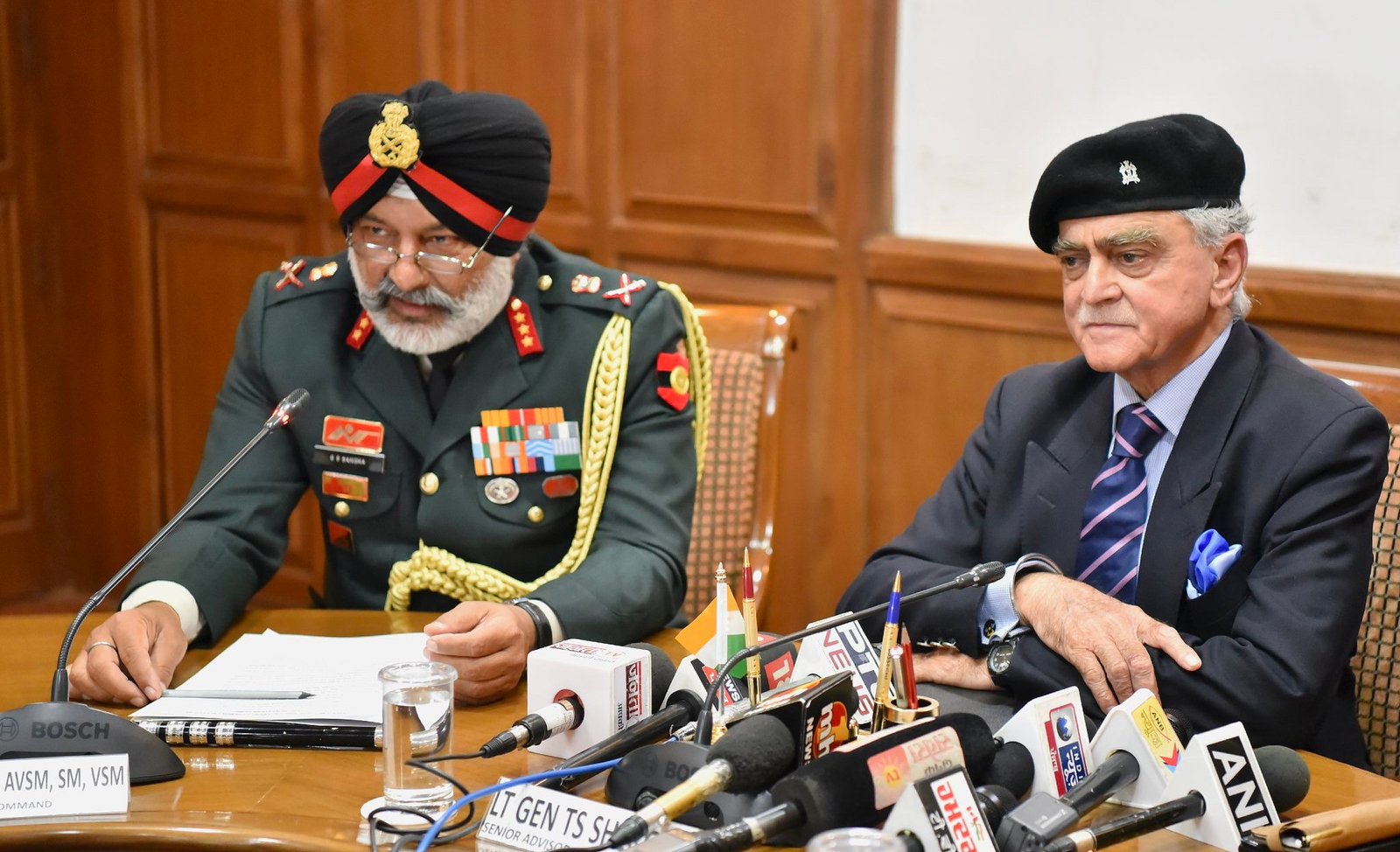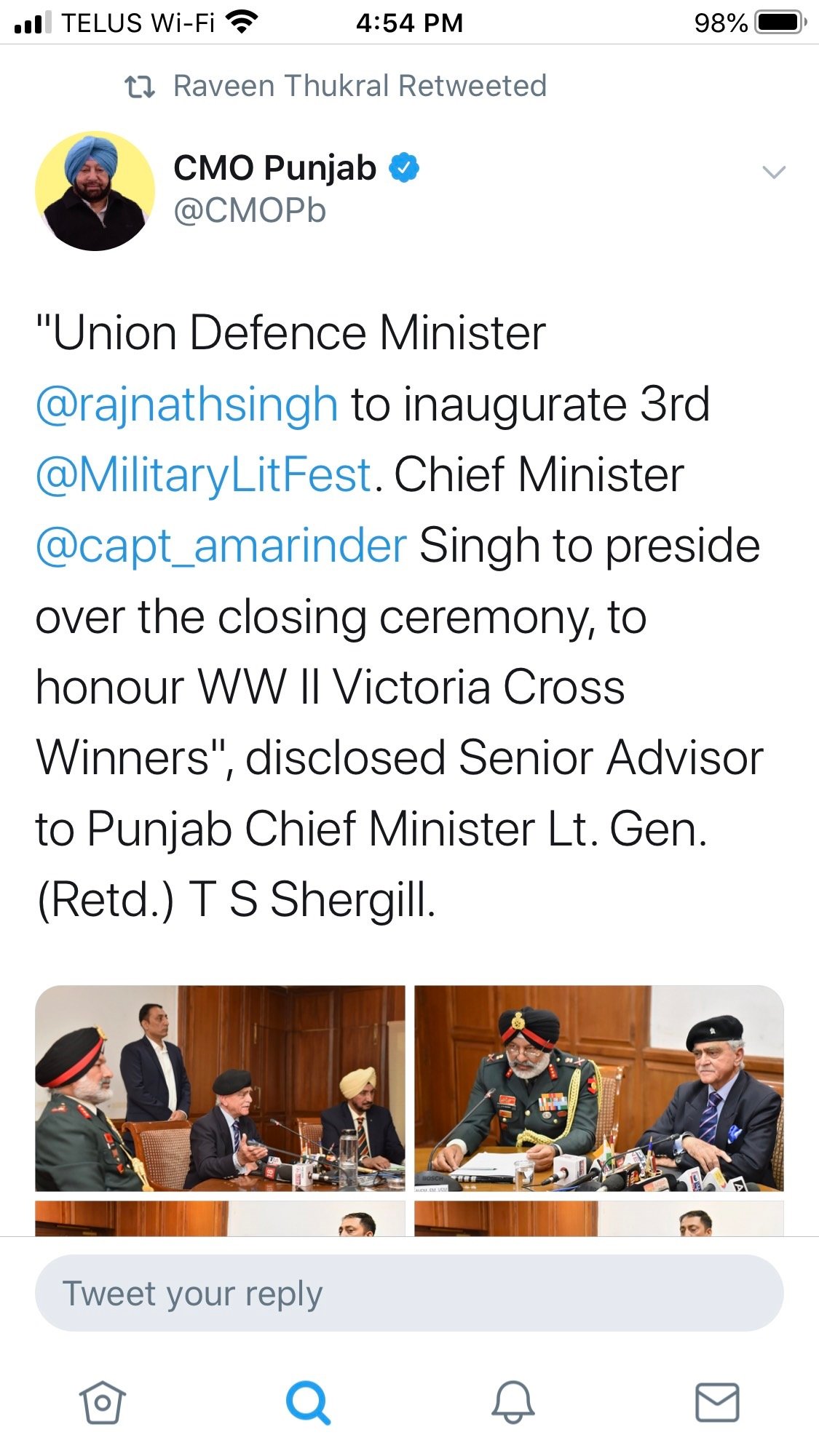Chandigarh : The three-day Military Literature Festival (MLF)-2019will be inaugurated by defence minister Rajnath Singh in Chandigarh on December 13, Punjab tourism and culture minister Charanjit Channi said on Saturday.
Addressing a press conference, Channi said Punjab chief minister Captain Amarinder Singh will preside over the closing ceremony of the event. Senior adviser to Amarinder, Lt Gen (retd) TS Shergill, who accompanied Channi, said the event will be an international forum to foster exchange of knowledge related to armed forces besides acquainting the youth with our glorious military heritage.
At least 22 panel discussions on issues of military and national significance will be held during the event.
sessions and panelists
1.Article370 and the death-knell of terrorism?
Panelists: AS Dulat – moderator , Ram Madhav , Manoj Joshi , Lt Gen DS Hooda
2. The anarchy: The relentless rise of the East India Company and empire
Panelists: Mark Tully – Moderator , Oliver Everett
3. Mediaeval military architecture – Forts of India
Panelists: Prof Pushpesh Pant – Moderator, Lt Gen DDS Sandhu , Amita Baig, GS Channi
4. The ISI, Taliban and Afghanistan
Panelists: Tilak Devasher – Moderator, V Balachandran, Vivek Katju, Christine Fair, Maj gen BK Sharma
5. The Taliban and ISIK in Kashmir
Panelists: Lt gen Ata Hasnain – Moderator, Lt gen DS Hooda, Abhinav Kumar, IPS, Tavleen Singh, AS Dulat, IPS
6. Ek Aur Satyagraha Bharat ki atma ke liye
Ravish Kumar



























































































































